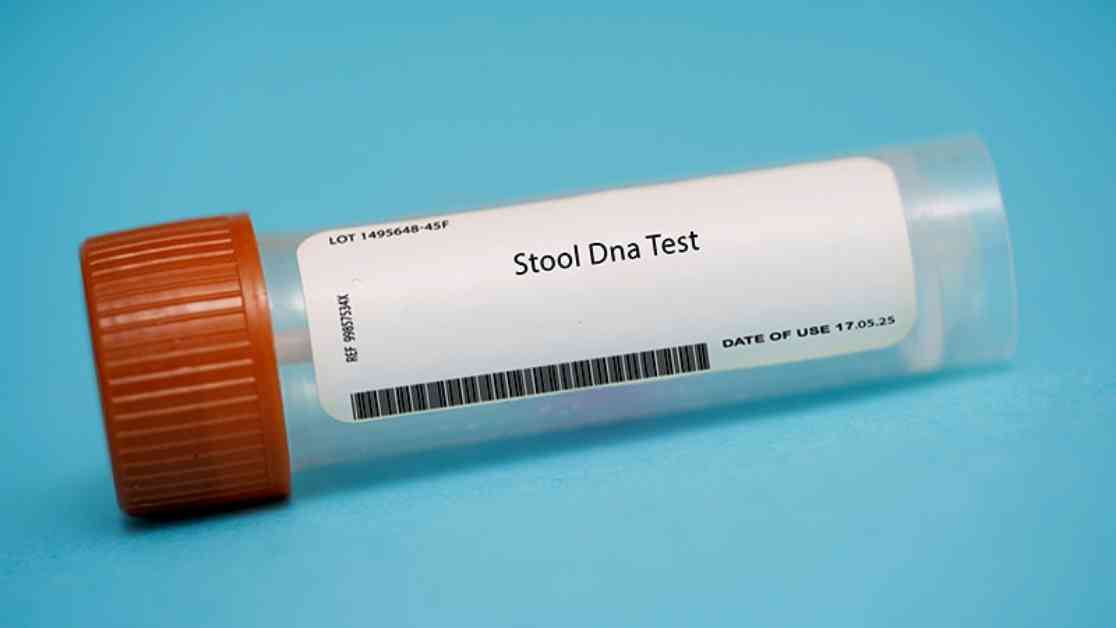A recent study published in Gastroenterology suggests that noninvasive surveillance methods like multitarget stool DNA testing or fecal immunochemical testing (FIT) could potentially be as effective as colonoscopy in reducing colorectal cancer (CRC) incidence and mortality in the long term. These tests could also potentially reduce the number of colonoscopies needed by 15%-41%. The study, known as the Dutch MOCCAS study, found that annual FIT-based surveillance, especially using FIT FOB-Gold at a threshold of 32 µg/g feces, could lead to the greatest reduction in colonoscopies.
In this study, the multitarget DNA test was found to outperform FIT in detecting advanced precursor lesions, particularly serrated polyps. However, the researchers noted that DNA-based surveillance would be more costly than colonoscopy surveillance, while FIT-based surveillance would save costs in the long run.
Lead author Beatriz Carvalho, a molecular biologist at the Netherlands Cancer Institute, highlighted that the increasing number of people entering surveillance programs after polypectomy following positive FIT tests puts pressure on colonoscopy capacity and healthcare budgets. Therefore, a noninvasive strategy like stool testing could help alleviate this burden on healthcare resources and be more patient-friendly.
The study’s results align with previous research that suggests FIT could be used as a triage test in post-polypectomy surveillance and could extend the interval for surveillance colonoscopy. However, further prospective studies are needed to validate these findings.
Dr. Uri Ladabaum from Stanford University School of Medicine provided an outsider’s perspective on the study, emphasizing the need for flexibility in deploying FIT-based surveillance, depending on the specific test used and the population characteristics. He noted that while the proposed paradigm shows promise, challenges may arise in implementing FIT-based testing with adjusted detection thresholds in different settings.
The study included individuals aged 50-75 who provided stool samples for DNA testing and FIT. The results showed that stool-based surveillance could be as effective as colonoscopy surveillance and would require fewer tests over a person’s lifetime. However, DNA-based surveillance was found to be more costly than colonoscopy surveillance, while FIT-based surveillance was cost-saving.
The researchers called for further research to better understand the mechanisms underlying the progression from adenomas to malignancy over time, which could lead to improved biomarkers for stool test accuracy. The study was funded by the Alpe d’HuZes charity and the Dutch Cancer Society, with support from private companies like Exact Sciences and Sentinel Diagnostics.
Overall, the study suggests that noninvasive stool testing may offer a viable alternative to colonoscopy surveillance in post-polypectomy CRC surveillance populations, potentially reducing the need for frequent colonoscopies and easing the burden on healthcare resources.













